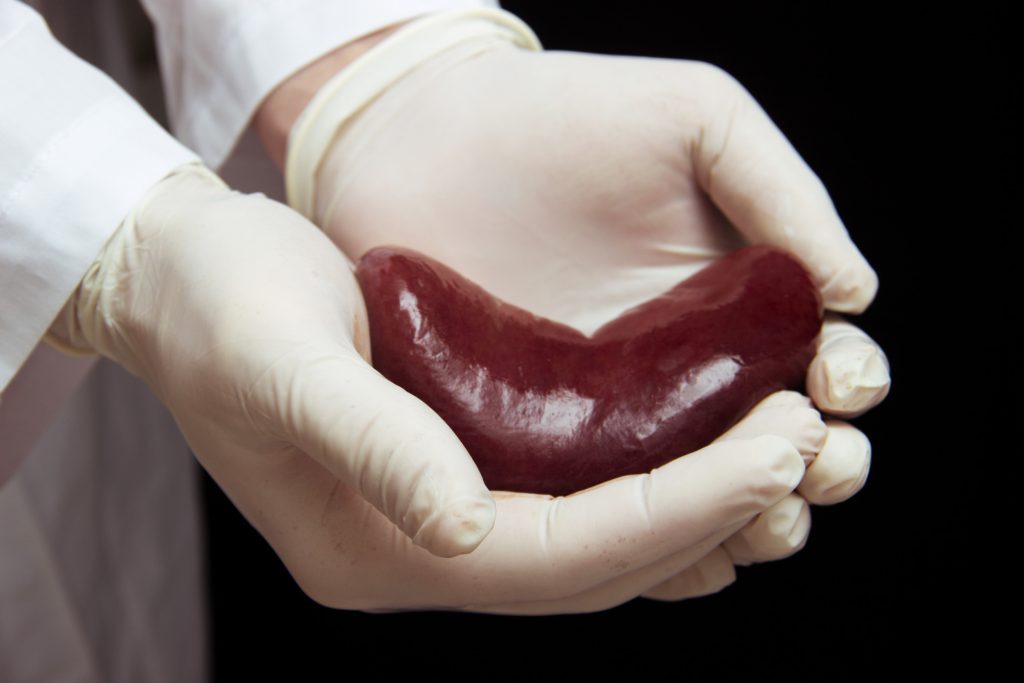
Organ donation is often seen as the ultimate act of generosity—a way to save lives even after we’re gone. Most of us sign up as organ donors with the comforting belief that, should the unthinkable happen, our organs will go directly to someone in desperate need. But what if the reality is more complicated? Your organ donation may not always go where you think it does, and understanding the process can help you make more informed decisions. Whether you’re already an organ donor or just considering it, knowing the ins and outs of organ donation is crucial for anyone who wants to make a real difference.
Let’s pull back the curtain on what really happens after you check that little box on your driver’s license. Here are some surprising facts and practical tips about organ donation that every potential donor should know.
1. Not All Donated Organs Are Transplanted
It’s a common misconception that every donated organ ends up saving a life. In reality, not all organs are suitable for transplantation. Factors like age, medical history, and the condition of the organ at the time of death can make some organs unusable. According to the U.S. Department of Health & Human Services, only about 3 in 1,000 people die in a way that allows for organ donation. Even then, organs must meet strict criteria to be considered viable. Sometimes, organs are used for research or education instead of transplantation. While this still contributes to medical advancement, it’s not the direct life-saving act many donors envision.
2. Organs May Be Used for Research or Training
If your organs aren’t suitable for transplant, they may be allocated for medical research or surgical training. This isn’t necessarily bad—medical research relies on donated organs to develop new treatments and improve surgical techniques. However, if your primary goal is to save a life through transplantation, it’s important to understand that your donation could serve a different, though still valuable, purpose. You can specify your preferences in some states, but not all. Check with your local organ procurement organization to see what options are available.
3. The Allocation Process Is Complex and Not Always Local
Many people assume their donated organs will go to someone in their community, but the allocation process is far more complex. The United Network for Organ Sharing (UNOS) manages a national waiting list and uses a sophisticated algorithm to match organs with recipients based on urgency, compatibility, and location. Sometimes, your organ may travel hundreds of miles to reach the best-matched recipient. While this system aims to maximize successful transplants, it can be surprising to learn that your donation might not help someone close to home.
4. Financial Incentives and the Black Market Are Real Concerns
While the U.S. has strict laws against buying and selling organs, the global black market for organs is a troubling reality. In some countries, donated organs have been diverted for profit, and even in regulated systems, there have been rare cases of unethical behavior. This doesn’t mean you shouldn’t become an organ donor, but it does highlight the importance of transparency and oversight in the system. Always register through official channels and stay informed about how your donation will be handled.
5. Your Family’s Wishes May Override Your Decision
Even if you’ve registered as an organ donor, your family may have the final say after your death. In moments of grief, families sometimes refuse consent, even if the deceased was a registered donor. This is why it’s so important to have open conversations with your loved ones about your wishes. Make sure they understand why organ donation matters to you and how you want your organs to be used. Clear communication can help ensure your decision is honored.
6. Organs Aren’t the Only Valuable Donations
When we think of organ donation, we often focus on the heart, kidneys, or liver. However, tissues like corneas, skin, and bones can also be donated, making a huge difference in recipients’ lives. In fact, tissue donation is often more widely used than organ donation, as more people are eligible and the tissues can be stored for longer periods. If you want to maximize your impact, consider registering as both an organ and tissue donor.
7. You Can Update or Specify Your Donation Preferences
Many people don’t realize that you can update your organ donation preferences at any time. If you have strong feelings about how your organs are used—whether for transplant, research, or education—you can often specify these wishes through your state’s donor registry or by updating your driver’s license. Take a few minutes to review your registration and make sure it reflects your current intentions.
8. Misinformation Can Discourage Potential Donors
There are plenty of myths about organ donation, from fears about doctors not trying to save registered donors to concerns about religious objections. These misconceptions can discourage people from registering. Organ donation is highly regulated, and every effort is made to save lives before donation is considered. If you have questions or concerns, seek out reputable sources like the Mayo Clinic to get the facts.
Rethinking Your Organ Donation Impact
Understanding the realities of organ donation can help you make choices that truly reflect your values. While your organ donation may not always go exactly where you expect, it can still have a profound impact, whether through saving lives, advancing medical research, or helping train the next generation of doctors. The key is to stay informed, communicate your wishes, and take proactive steps to ensure your donation makes the difference you intend.
Have you registered as an organ donor, or do you have concerns about where your donation might go? Share your thoughts and experiences in the comments below!
Read More
Planning for the Unexpected: Why Newlyweds Should Get Life Insurance
12 Ways Your Poverty Mentality is Hurting Your Financial Future
The post Why Your Organ Donation May Not Go Where You Think It Does appeared first on The Free Financial Advisor.







